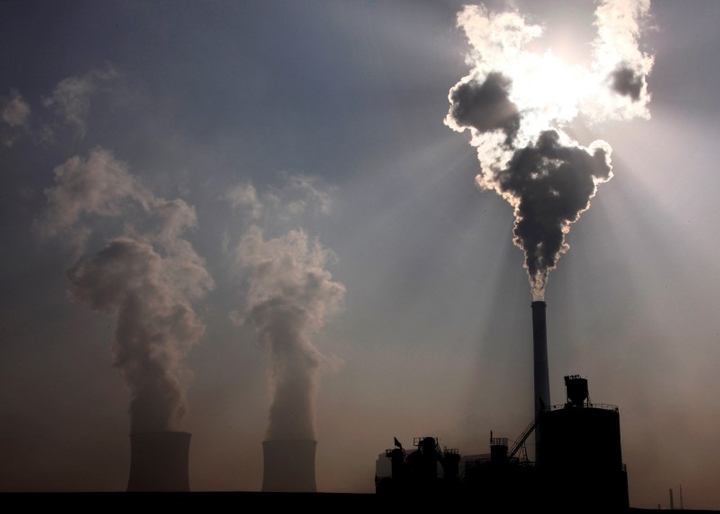Cologne, Germany- The Fraunhofer Institute for Laser Technology will present latest techniques to measure Methane emissions through laser in the international expo “Laser World of Photonics 2017” which will be held on June 26-29 in Munich.
Fraunhofer’s scientists expect this technique to approach the launch of the French satellite MERLIN set to be inaugurated in 2021.
The new technique promises to accomplish the decision taken in Paris Climate Summit to reduce methane emissions considered among the major factors aggravating the global warming phenomenon and widening the ozone depletion.
Till now, the world still relies on sun rays to discover the resources of methane emission and concentration. This technique is useless during the night, and on rainy obscure days.
Sources of Fraunhofer Institute say the new laser technique promises to measure methane quantities anywhere on the globe, even in lower quantities, and in different conditions.
According to scientists’ estimations, methane quantities in the earth’s atmosphere are lower than carbon dioxide quantities, however, methane is 25 times more harmful for the environment than the CO2. Methane is usually emitted during the excavation of natural gas and coal, agriculture, and sheep farming. According to the German institute’s statistics, methane’s rate has gradually grown during the past years.
The project manager at the institute said the main aim is to provide data on methane emissions in the globe through the MERLIN satellite. This allows the United Nations to set a clear future environmental program to protect atmospheres from this gas.
The laser system works to detect the methane concentration through an optical radar that emit optical pulses across the globe, than measure the concentration of methane in the spectrum reflected from the atmosphere on the satellite.
This will ensure an accurate tracking of methane resources in each small corner. The new system works in different temperatures and under different pressure degrees.
The German space agency funds the project of methane detection through satellites in cooperation with the ministry of economy.
